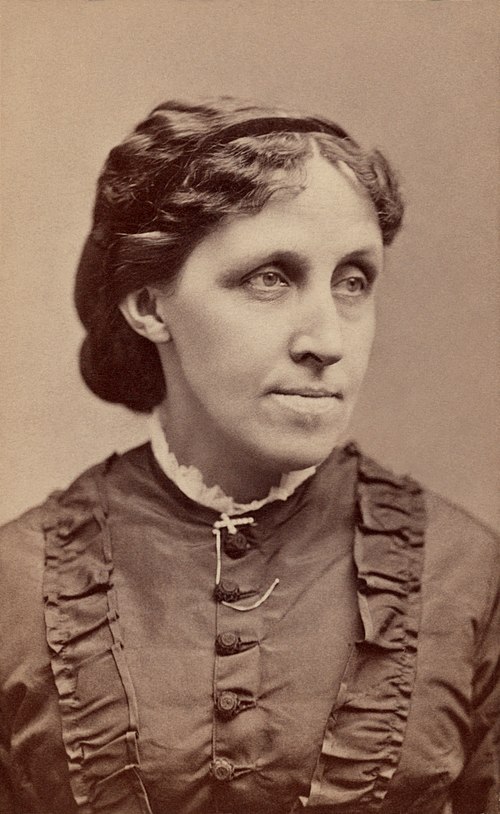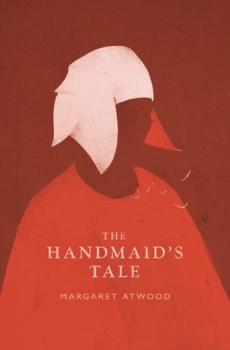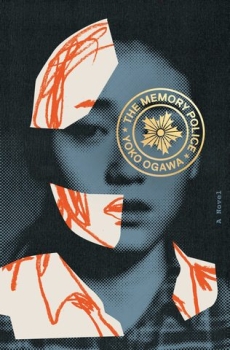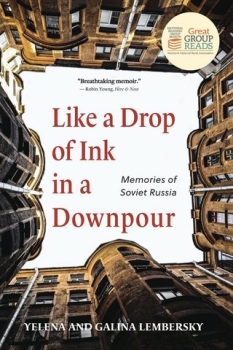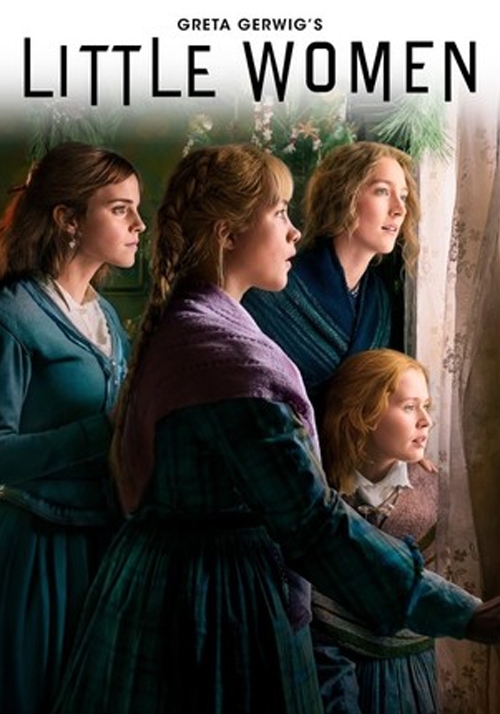
Little Women by Louisa May Alcott
(2019) Director: Greta Gerwig
About the film:
Released in 2019, Gerwig’s adaptation of Little Women earned praise for its faithfulness to the complex family dynamics of the novel, as well as for Gerwig’s command of the narrative through chronological reshuffling. The film earned six Academy Award nominations, including for actors Saoirse Ronan (Jo) and Florence Pugh (Amy). It won the Oscar for Best Costume Design, and further raised Gerwig’s reputation and profile as a writer and director. She talked in many interviews about her own experience reading the novel and her writing process. In one interview, Gerwig shared that “most of my script is lifted either directly from the book or from letters or from diaries or other things she [Alcott] wrote. I wanted to be in the world of the time, but I also wanted to move at the speed of life. No one walks around thinking that they're in a period piece. These are the most modern people that they knew. And I wanted it to feel like everything was alive.”
Discussion questions:
- How do you think Gerwig’s film builds on, or departs from, Alcott’s novel?
- How does it build on, or depart from, previous film adaptations of the novel that you have seen?
- Did your perspective on any of the characters change as a result of seeing them through Gerwig’s interpretation? How and for which character(s)?
- The Slate reviewer wrote that “Gerwig chops up the timeline of the novel like a chef demonstrating her knife skills.” Do you think there was another purpose to the chopping? Does the film’s chronological structure add to, or take away from, your understanding of the narrative and the connection between Jo and Alcott?
- In interviews, Gerwig highlighted how the two parts of Alcott’s Little Women talk to each other (eg Beth’s sickness in both, Jo’s stories getting burnt first by Amy, and then by Jo; Meg’s nickname “Daisy,” which she then gives her daughter). Does her film emphasize the symmetries of the book?
- How does the film’s casting work to connect the original source material with a modern audience? Its pacing? Other filmic elements?
- Why do you think Gerwig decided to open the film with a focus on Jo’s experience of trying to sell a story to a publisher, and end with her watching the book being published? Does the film’s foregrounding of that process change the film’s meaning for you at all?
- Louisa May Alcott and Jo both drew on their own experiences in their writing. Does Gerwig’s film also include the story of its own making?
- When discussing the book last month, we asked whether Alcott’s Little Women is a feminine or a feminist piece of work. Does the film raise the same question? Would you answer it differently?
Further Reading
https://www.wgaeast.org/onwriting/greta-gerwig-little-women/ (lengthy Writers Guild of America interview)
https://www.youtube.com/watch?v=QTzleafR2V0&t=43s (Gerwig explains her writing process; includes clips from film production)
https://www.npr.org/2019/12/22/790631863/greta-gerwig-on-her-little-women-film-adaptation (National Public Radio interview)
https://slate.com/culture/2019/12/little-women-review-2019-movie-adaptation-greta-gerwig.html (very enthusiastic review)

Greta Gerwig
About the director : Greta Gerwig (1983-) is a director, screenwriter, and actor. Born in California, she graduated in 2006 from Barnard College, where she wrote and acted in plays. She originally wanted to be a playwright but was rejected from graduate programs, so instead started acting in independent films, eventually co-writing and directing together with her husband Noah Baumbach. Her solo directorial debut was Lady Bird (2017), which earned Academy Award nominations for Best Director and Best Original Screenplay. She holds the record for the highest-grossing movie directed by a woman for Barbie (2023).
Louisa May Alcott
About the author: Louisa May Alcott (1832–1888) was an American novelist, short story writer, and poet best known for Little Women (1868) and its sequels Good Wives, Little Men, and Jo’s Boys. Raised in New England by her transcendentalist parents, she grew up in a circle that included Ralph Waldo Emerson and Henry David Thoreau and began writing at an early age. To help support her family, she worked a series of jobs and also wrote for publication, including Hospital Sketches (1863), based on her service as a nurse in the American Civil War. Under the pen name A. M. Barnard, she produced sensational stories for adults, while Little Women—loosely inspired by her own life with her three sisters—brought her lasting fame. A committed abolitionist and early feminist, Alcott remained active in reform movements such as women’s suffrage throughout her life.
